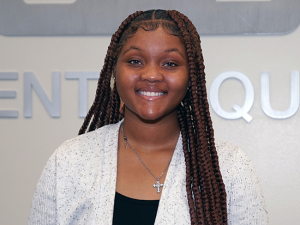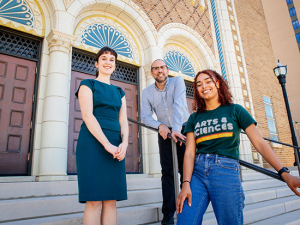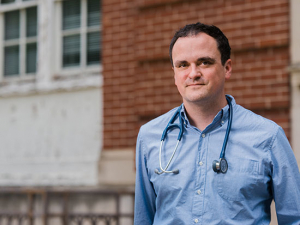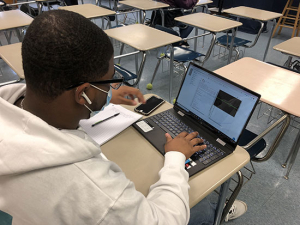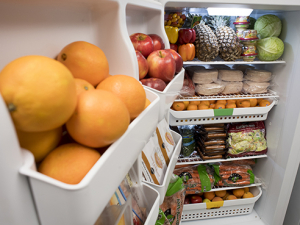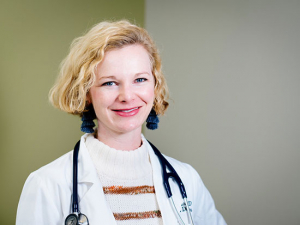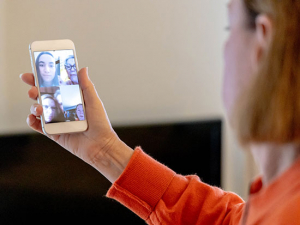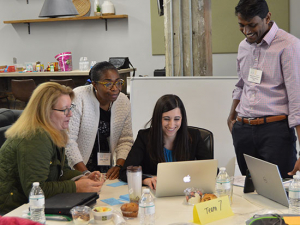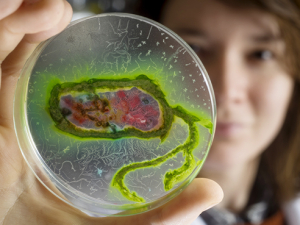
Matt Windsor
| This email address is being protected from spambots. You need JavaScript enabled to view it.3 UAB chemists break down their formulas for fighting cancer
This radiologist is helping doctors see through the hype to an AI future
The AI Literacy Course that fellow Jordan Perchik, M.D., began in 2020 for UAB trainees now reaches 25 programs in 10 countries — at a time when radiology faces global shortages and a proliferation of artificial intelligence tools.
Kirklin’s ‘new chapter’: a health-tech startup powered by his research breakthroughs
Major NIAID grant brings cutting-edge equipment to UAB for research on COVID and more
UAB scientists will have a new arsenal of state-of-the-art, high-end technology for their investigations in infectious diseases and pandemic preparedness through a $4.3 million scientific equipment grant from the National Institute of Allergy and Infectious Diseases.
Driver assistance tech that comes standard on new vehicles can be tricked into causing accidents — but there is a way to alert humans in time. A UAB grad student and his mentor will share their findings this month at a global conference.
Salt boosts blood pressure for some people. UAB study asks: Who?
The Cardiogenomics Clinic at UAB, one of only two in the Southeast, uses genetic testing to develop a personalized plan for patients at risk of hereditary cardiovascular conditions. “We’re not just treating one patient, but the whole family,” doctors say.











